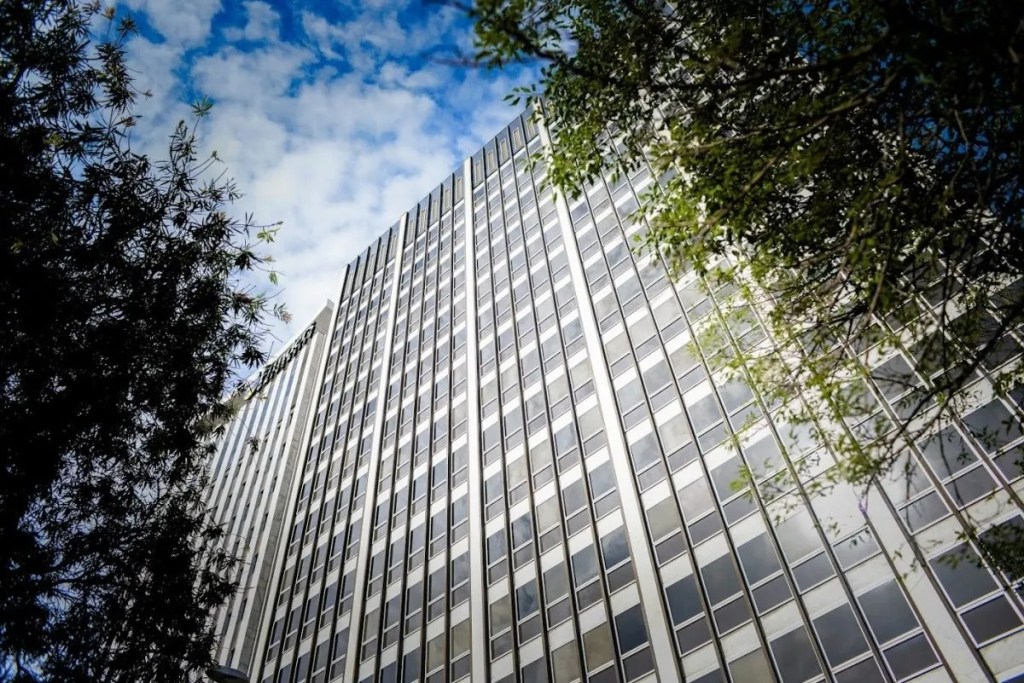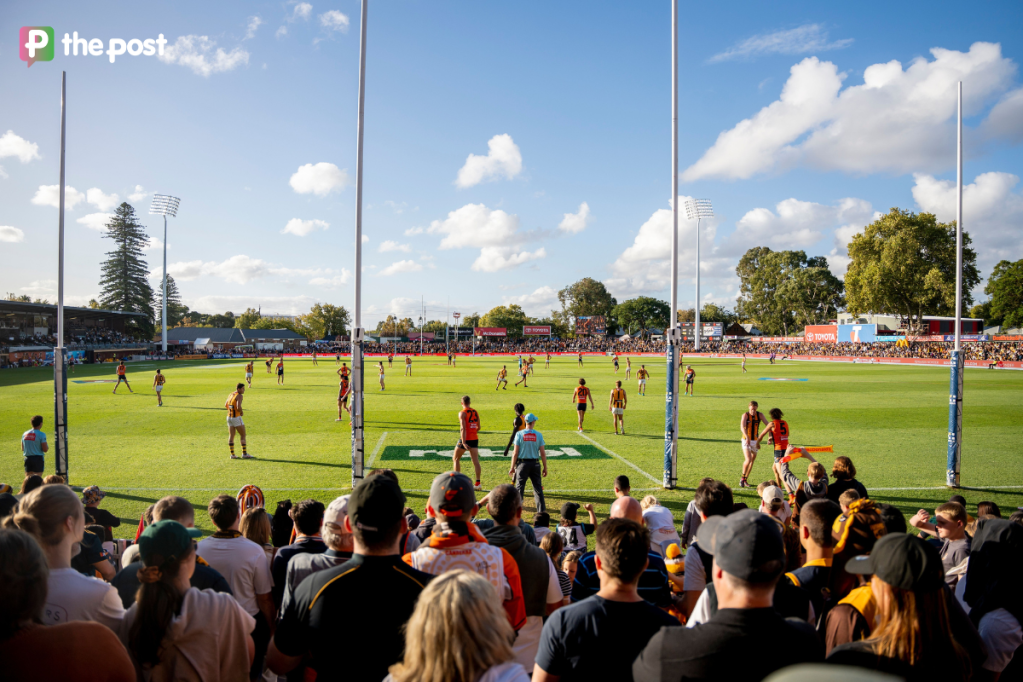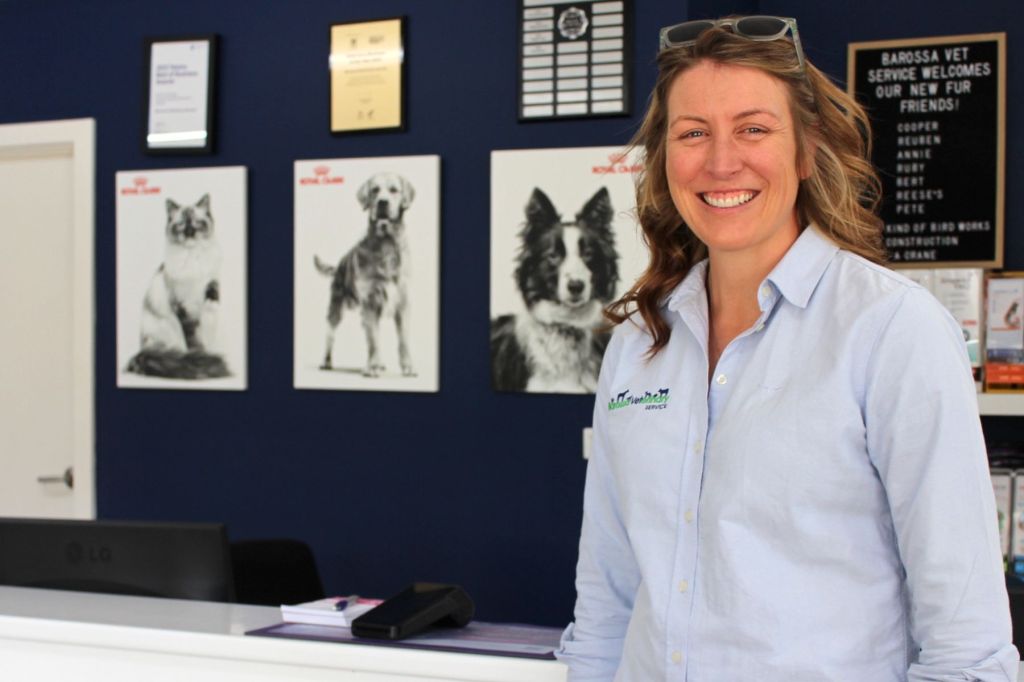Small change: Could payroll tax be reviewed annually?
There are options for the state’s payroll tax system that could make it fairer, says Business SA CEO Andrew Kay.

In an ideal world, businesses would not have to pay payroll tax. But even Business SA CEO Andrew Kay sees some value in it, particularly the tax’s recent contribution, together with GST and gambling tax, to returning the state budget to surplus.
He advocates for a range of measures – a regional discount, a higher threshold and an annual review – to make the system fairer and stimulate economic growth.
“I think one thing to consider with payroll tax is what a reduction in payroll tax could mean to regional communities,” Kay said.
“We know that in South Australia, there’s been a slowing in population growth in our regions. And a reduction in payroll tax to encourage businesses to invest and create jobs in regional centres would be one way of encouraging population back into those centres.”
In Victoria, regional businesses are taxed at one-quarter the rate of other businesses.
“I think at its most basic level, the fact that potentially a business from South Australia is paying three times as much in payroll tax as its neighbour across the border just doesn’t stack up,” he said.
“Even a 50% discount for regional payroll tax will be a start to make us more competitive.”
While the Victorian system names commuter towns such as Geelong and Ballarat as regional, Kay thinks tighter rules could stimulate real growth in South Australia.
“I think it is still important that there are some rules around ensuring that the businesses do bring people into the region,” he said.
“That might be that 85% of staff need to live and work there and it needs to be the principal place [of the business].
“So, there are ways of ensuring that the money does flow into the region and the people do base themselves there.”
Kay believes an annual review of the payroll threshold, as a part of the budget process, would stem the significant jump in business costs arising when companies are pushed for the first time over the tax-free threshold by wage growth.
Stay informed, daily
“[This] isn’t a complaint about wage growth, because there always will be [growth],” he said.
“It is [about] the failure to move the threshold when wages grow – just like bracket creep when your personal income tax pushes you into a level that makes it a disincentive.
“In this case, it’s a disincentive for businesses to bring on more people, as every person they add to their business is going to cost them more in tax.
“Given the last couple of years of wages growth, the fact we haven’t moved on threshold now for four years, and we’re in quite a different environment than we were in 2019 when the threshold was last raised – it’s time to have a decent look at raising it.”
Kay said in speaking to Business SA members, the message “is really clear” they view payroll tax as a tax on jobs, which in turn stifles business growth.
However, he supported the state government’s campaign to Victorian businesses to relocate to South Australia.
“The last Victoria budget was a bit of a horror budget in the face of taxes and impost on business,” he said.
“I certainly talk to businesses that have moved to South Australia in the last 18 months, two years. And what they tell me is that they get a sense of positivity in the state, that there’s certainly an energy, it’s easier to get things done.
“And there’s a sense of collaboration that, perhaps, they don’t see over the border that we have here, and a genuine desire to push the state forward.”
Business SA is one of the sponsors of the South Australian Business Index 2023.








